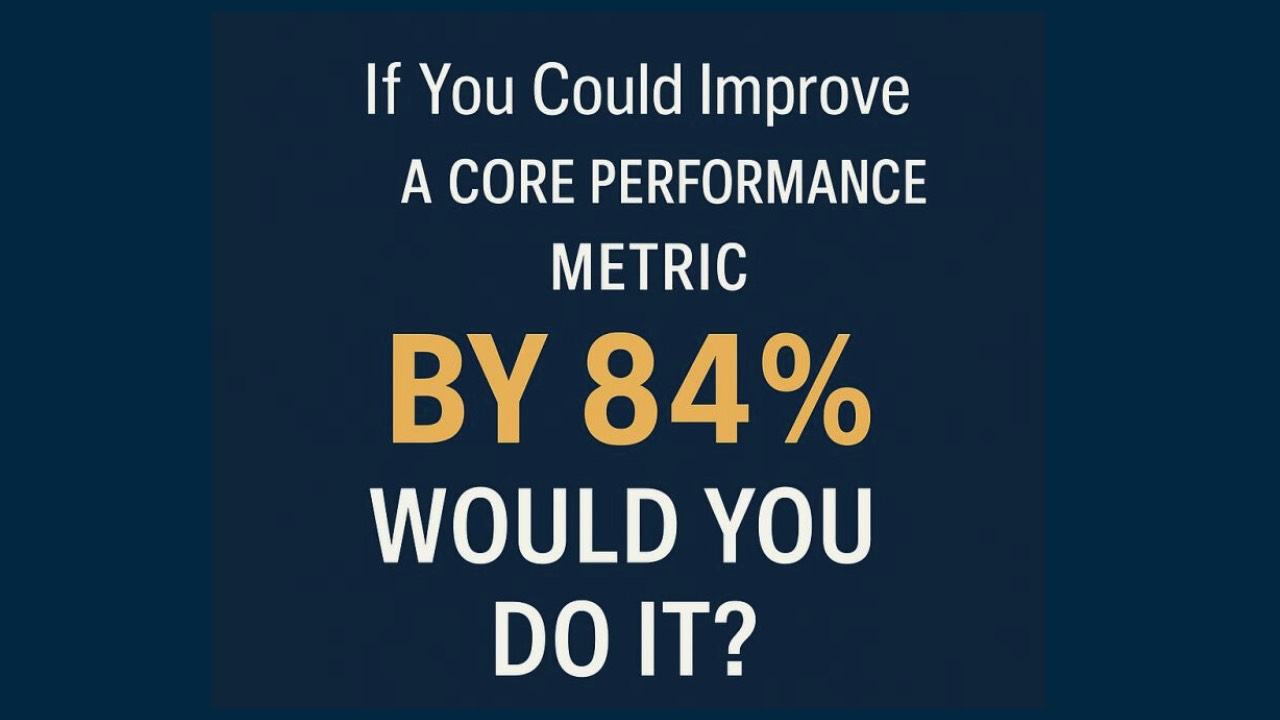
What an Oil Rig Taught Us About Emotional Intelligence
Jun 06, 2025And Why It Should Matter to Every Leader
If you could improve a core performance metric by 84%, would you?
That’s exactly what happened on one of Shell’s most ambitious oil platforms. And the way they did it might surprise you.
The Problem: Culture That Creates Risk
In the late 1990s, Shell launched Ursa — a $1.45 billion deepwater oil platform in the Gulf of Mexico. From a technical perspective, it was an engineering success. But culturally, it faced a major challenge: a tough, macho environment where people were rewarded for being hard, not honest.
That kind of culture doesn’t just make collaboration hard. It becomes dangerous.
People kept quiet about mistakes. They avoided admitting fear. And they didn’t feel safe enough to speak up — even when something didn’t seem right.
The lead engineer said it plainly:
“This place won’t be safe to operate unless we change the culture.”
The Solution: A Different Kind of Strength
To shift things, Shell brought in Claire Nuer, a leadership consultant known for her work on emotional intelligence. She introduced something radical for an oil rig at the time: conversations about feelings, trust, and fear.
Workshops were held. Stories were shared. Vulnerability was encouraged.
At first, it was uncomfortable. But it started to work.
One crew member put it best:
“They saw that the ones improving safety weren’t the loudest or toughest guys. It was the ones who cared about others, listened well, and stayed curious.”
The Result: 84% Reduction in Accidents
Shell saw an 84% drop in accidents. Not because of better equipment. Not because of stricter rules. But because people felt safe enough to speak up, admit concerns, and support one another.
The shift wasn’t just cultural. It was measurable.
What This Means for You
I share this case study often because it shows something leaders can’t ignore:
Emotional culture drives performance.
When your people feel unsafe to be honest, you get silence. And silence leads to mistakes, missed opportunities, and lower engagement.
But when your culture allows people to show up fully — with accountability, care, and courage — performance improves.
Leadership Reflection
Ask yourself:
-
Where in your organisation are people afraid to speak up?
-
What’s the cost of emotional silence?
-
What could shift if people felt psychologically safe?
Final Thought
If emotional intelligence can improve safety by 84% on an oil rig, what could it do in your team?
Performance isn't just about process. It's about people. And EQ is the lever that moves both.
If you're ready to create a culture where performance and safety improve through emotional intelligence, let’s talk: [email protected]